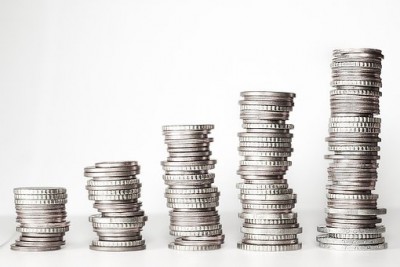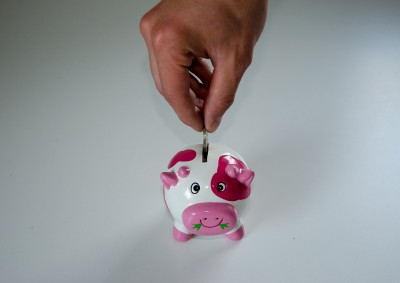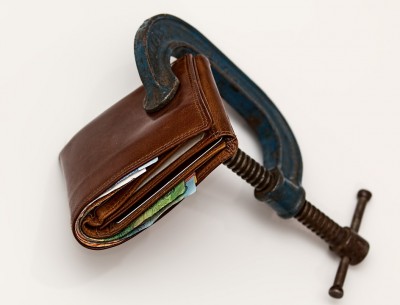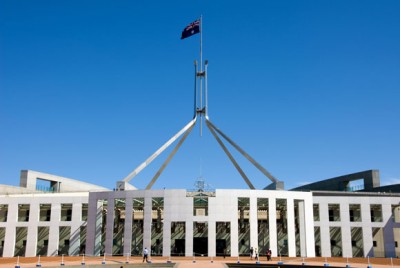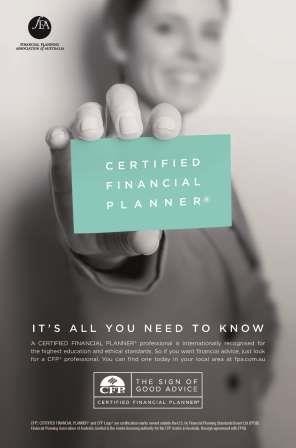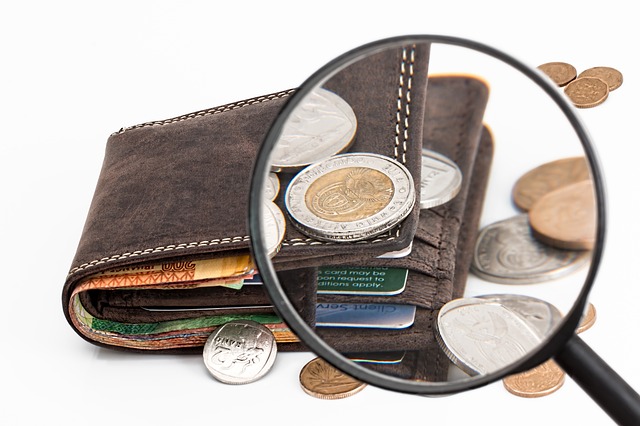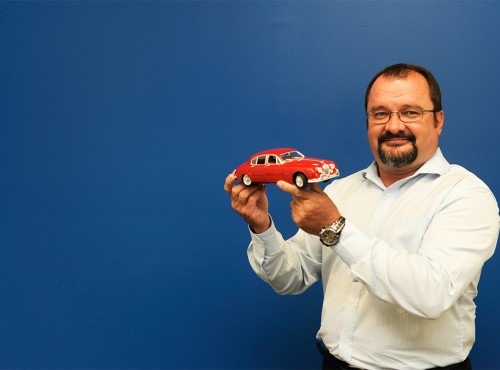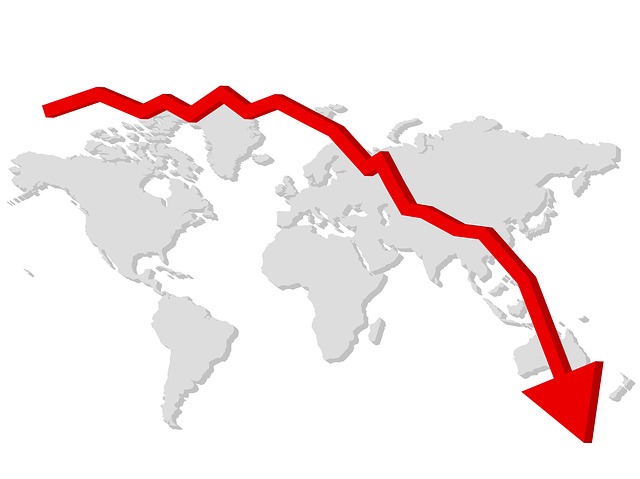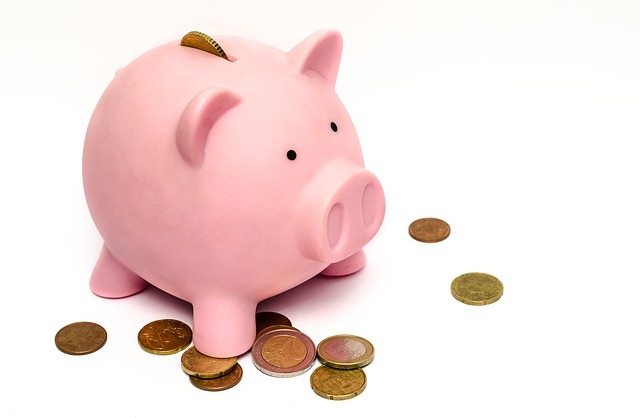
The recent decision by the Reserve Bank to cut the official cash rate will put money back in the pockets of home loan borrowers through lower repayments. But it seems plenty of Australians already have plans in place to enjoy big savings on a range of expenses throughout 2015.
Research by ING DIRECT shows a hefty 79% of households are taking important steps to save on regular costs like groceries, phone and power bills and even insurance.
On average, these households expect to cut each of those key costs by around one-fifth. That's a substantial saving, and what's more impressive is that it's all being done with simple strategies like shopping around, asking providers for a better deal and only using, and paying for, services that are really needed.
Another potentially money-saving strategy is to let service providers know you are thinking about taking your business elsewhere if they can't offer a more competitive price. The same survey found one in two Australians have scored a better deal just by asking for it.
This is all good news, and plans to secure better deals coupled with lower home loan interest rates will hopefully leave many households better off this year. The trick is to turn those savings into personal wealth.
The latest rate cut means money held in a savings account is likely to earn an even leaner return so it pays to be selective about where you store your extra cash. One option to look at is 'account bundling'. This is where you have a linked savings and transaction account held with the same financial institution. Right now your savings can earn 4.02% with UBank's USaver Ultra bundle, or about 3.85% with ME Bank's bundled Online Savings Account.
Alternatively, any extra cash can be used to reduce personal debt. If you have an outstanding credit card balance, you may be able to save on interest charges, which can be as high as 20%+, by paying the debt off at a faster pace than the minimum monthly repayments.
Looking at longer term investments, it's hard to go past superannuation for a low maintenance, tax friendly option. Super has also performed well in recent years. As a guide, the median return for 2014 on 'balanced' super funds (favoured by the majority of workers) was around 8%.
If you are not keen on tying your money up until retirement, as is the case with super, there are many other viable investments to consider – like shares, managed funds or listed property trusts. With each of these it's possible to drip-feed your investment, adding to it when you have some spare cash.
The main point is to put your savings to work so that today's extra cash supports your long term financial security.


